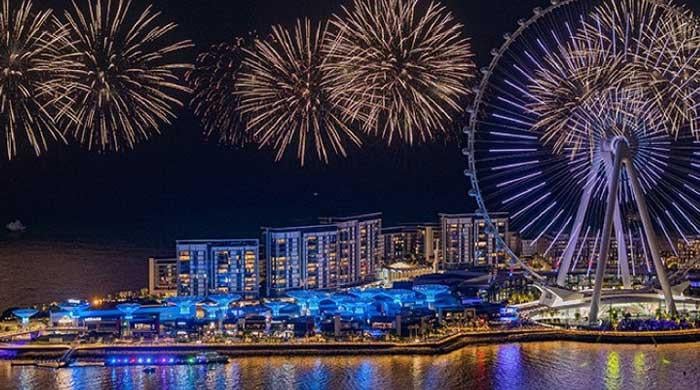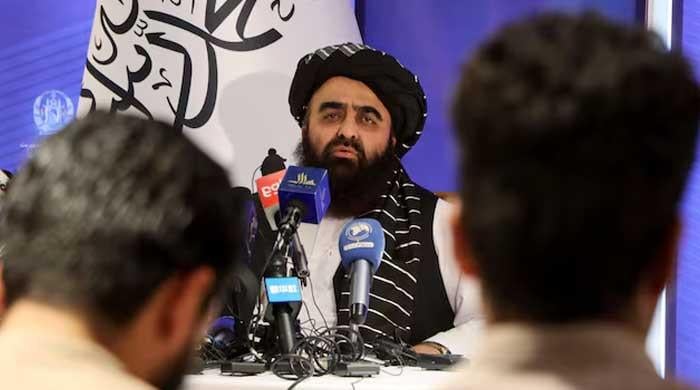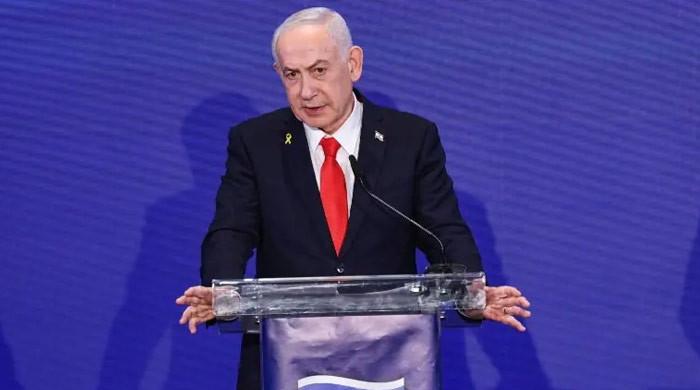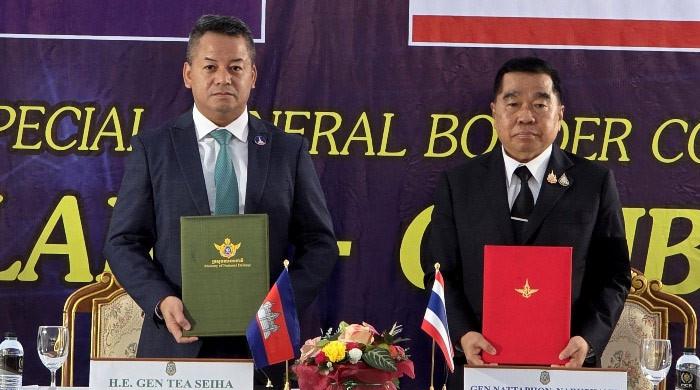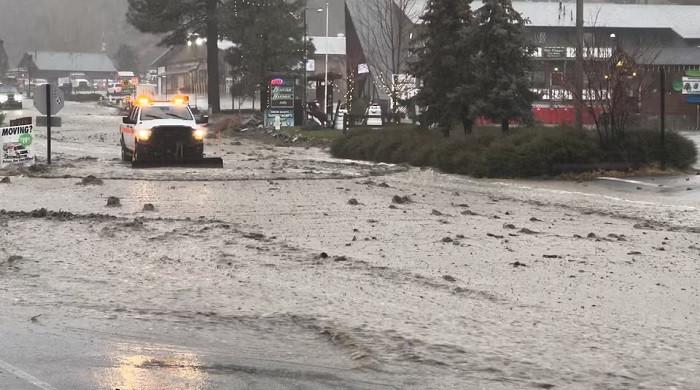‘Utter chaos’: Why European govts are treating climate activists like radicals
Climate activists are calling to direct action after the European government refuse to negotiate climate justice efforts
August 10, 2023

Climate activism has been taking a prominent space amongst different rights movements across the globe and several activists, particularly millennials are going the extra mile, raising the climate issues and the voices of marginalised communities directly facing adverse aftereffects.
The activists are demanding that first-world European nations take measures in mitigating the climate crisis, as governments continue to suppress their movement, calling its actions provoked by ‘radicalism’.
Will the climate activists make a major breakthrough amidst a consistent crackdown by the European authorities?
A series of climate action and justice demonstrations face police opposition in Europe. Several climate activists are being cracked down by the authorities, calling the protests ‘’utter chaos’’.
Climate activists like Simon Lachner have been caught up in European mass crackdowns for calling for immediate climate action and advocating for climate justice.
Climate activists have been facing major criticisms from imperialist Western states and their representatives for their continuous denial of climate change and its high cost suffered by underprivileged individuals.
Calls to end fossil fuel emissions and validation of sustainable circular economic means of living have been emphasized by several climate activists.
Roadblocks on major motorways, as a consequence of climate demonstrations in Britain, have caused traffic chaos, protests at oil installations in Germany have disrupted supplies, and in France, thousands of activists and police clashed over water usage, leaving dozens injured, as per the authorities.
Germany’s detention of climate justice demonstrators
Government-backed authorities are massively using preventive detentions against climate activists to stop the protests. The officials are holding at least one activist or demonstrator for as long as 30 days without any charge. According to the prosecutors, this is legal under Bavarian law, reported Reuters.
The government is making efforts to invoke legal powers to track climate activists.
In Berlin alone, police have spent hundreds of thousands of hours working on more than 4,500 incidents registered against the "The Last Generation" and "Extinction Rebellion" groups, according to previously unreported data from police.
However, Germany has no national policy targeting climate activists.
Britain’s and France’s surveillance of climate activists
Lawmakers passed new surveillance and detention laws in France in July and in Britain in May.
In addition, France has used an anti-terrorism unit to question some climate activists.
The government in Britain said the response to the protests was aimed at preventing damaging criminal actions. The French government has postponed commenting but has previously said the state must be able to combat what it calls “radicalization”.
France’s intelligence agencies are taking a close look at the activities of climate activists.
According to activists, their strategy of mere protests has turned into calling for direct action as European governments refused to consider the climate dilemma.
The Last Generation and Extinction Rebellion
The last generation and Extinction Rebellion are the two international Europe-based climate groups.
Lachner is a member of The Last Generation, a Germany-based group within the Europe-wide A22 network that also includes Britain's Just Stop Oil and is financed by the Los Angeles-based Climate Emergency Fund.
In addition, demonstrators from Extinction Rebellion continue to face crackdowns for amplifying the environmental movement globally.
Bavaria’s prosecutor has led a clampdown on The Last Generation, along with an investigation into whether to classify it as a criminal organization under a law that allows widespread telephone surveillance, GPS tracking, and property searches.
In response to a question from Reuters, The Last Generation denied its activities were criminal, and said activists show their faces and names during protests and announce events in advance.
In addition, demonstrators from Extinction Rebellion continue to face crackdowns for amplifying the environmental movement globally.
Several activists from the group have faced a long time in jail, as European authorities tail down on their movement.




